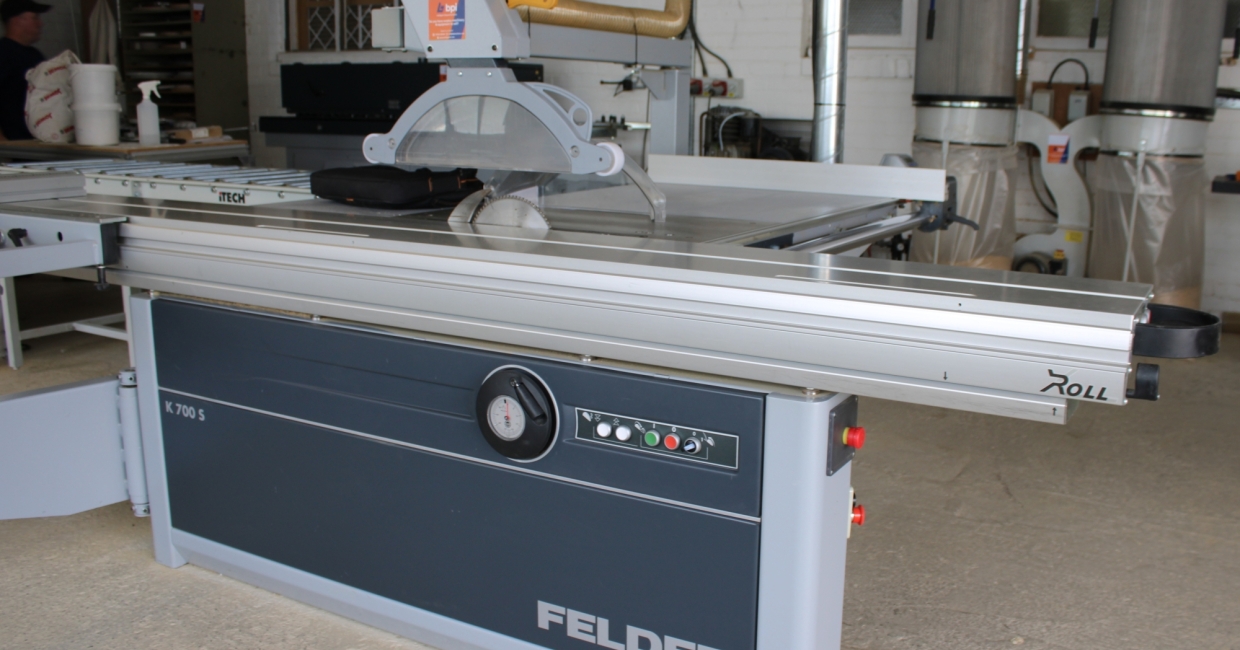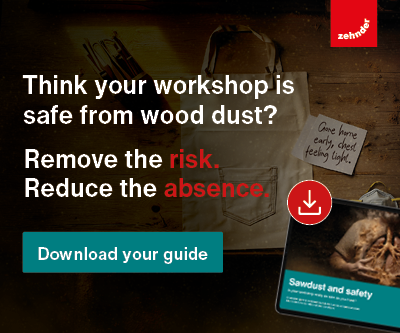The woodworking sector in the UK is evolving quickly. Sustainability, efficiency, and adaptability are now just as critical as craftsmanship. Timber is back in demand as the low-carbon material of choice, but the way workshops are run is under equal scrutiny. For me, one of the most overlooked parts of this conversation is machinery.
When people think sustainability, they think about sourcing certified timber or reducing waste. That’s important, but what about the machines that process the wood? Manufacturing new CNC routers, edge banders, or sawlines consumes huge amounts of energy and raw material. Every time a business chooses to buy a quality second-hand machine rather than new, they’re extending that equipment’s lifespan, preventing unnecessary waste, and reducing their own carbon footprint.
And this isn’t just about the planet, it’s about business resilience. Many woodworking firms, from small joinery shops to larger production sites, are wrestling with rising costs. Timber prices fluctuate, energy bills climb, and compliance standards only get tougher. Buying pre-owned machinery is a way to gain the precision and productivity of advanced equipment with less upfront financial strain. It frees up cashflow that can be redirected into other priorities, sustainable sourcing, or skilled staff.
At the same time, selling surplus machinery is equally powerful. Unused kit doesn’t just take up space, it ties up capital. By moving that equipment on, businesses can release funds, keep their balance sheets healthier, and give another workshop the chance to use it productively. This creates a circular economy within our own sector, where machinery is continually reused, refurbished, and rehomed rather than discarded.
At BPI, this is exactly what we facilitate every day. Our market-leading platform connects woodworking businesses nationwide who want to sell surplus business assets with those looking to invest in quality second-hand machinery. We’ve seen first-hand how a well-maintained CNC can find a second life in another workshop, often giving smaller or growing businesses access to equipment they might never afford brand-new.
Sustainability isn’t just about materials, it’s about how we think of value. By keeping machinery in circulation, we reduce waste, extend lifespans, and support a greener industry. More and more of our buyers now mention sustainability as a reason for choosing second-hand, alongside cost savings.
Looking ahead, I believe the woodworking industry has a real chance to lead the way in sustainable manufacturing, through timber, through digitalisation, and yes, through smarter asset management. If you’re planning a workshop upgrade or simply want to unlock value from unwanted kit, my advice is simple: think second-hand first. It’s good for business, good for cashflow, and good for the environment.
At BPI, we’re here to make that process simple, transparent, and effective, so your workshop can focus on what it does best.
Visit www.bpiauctions.com









